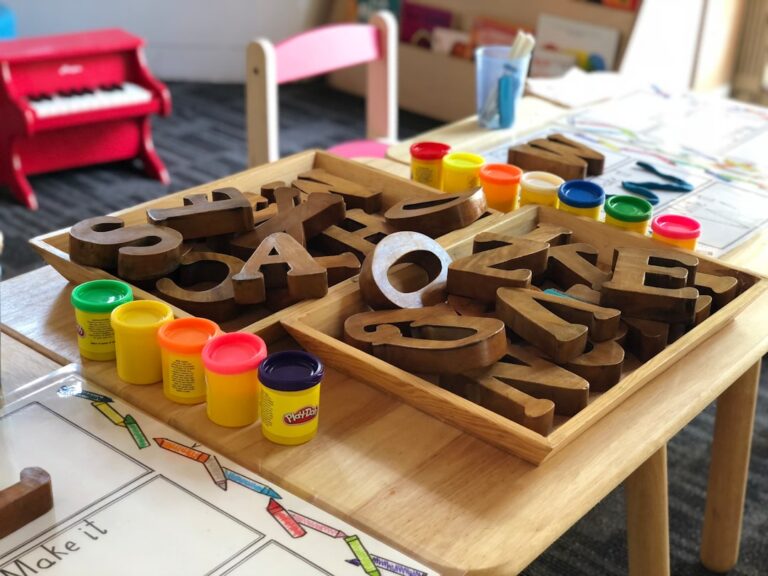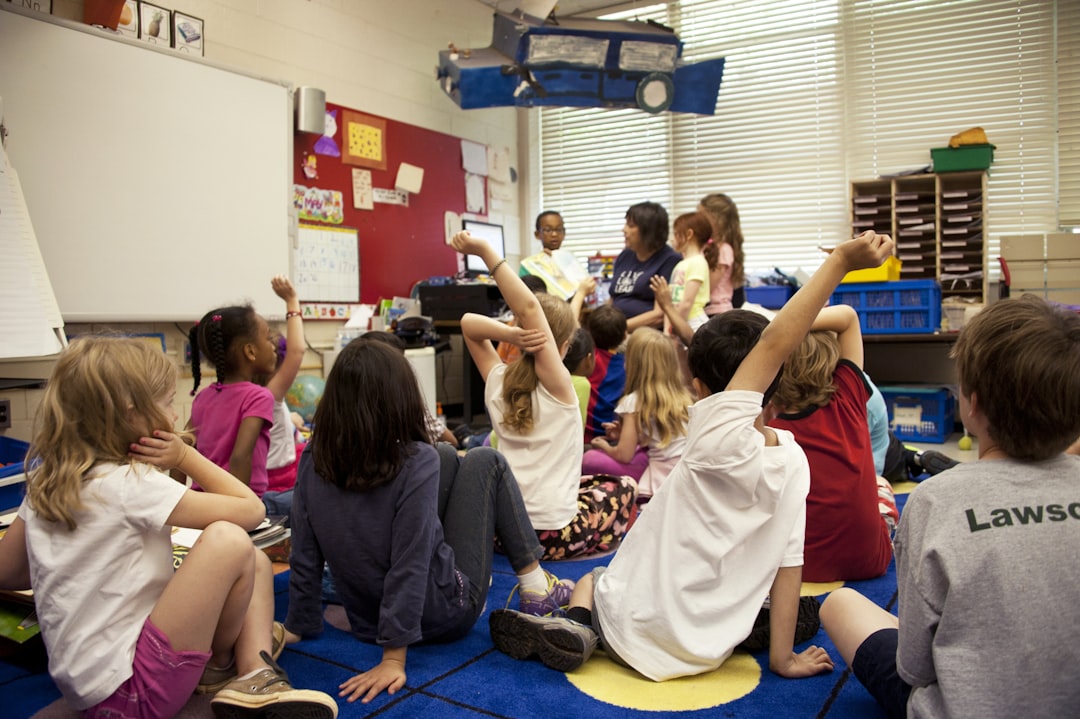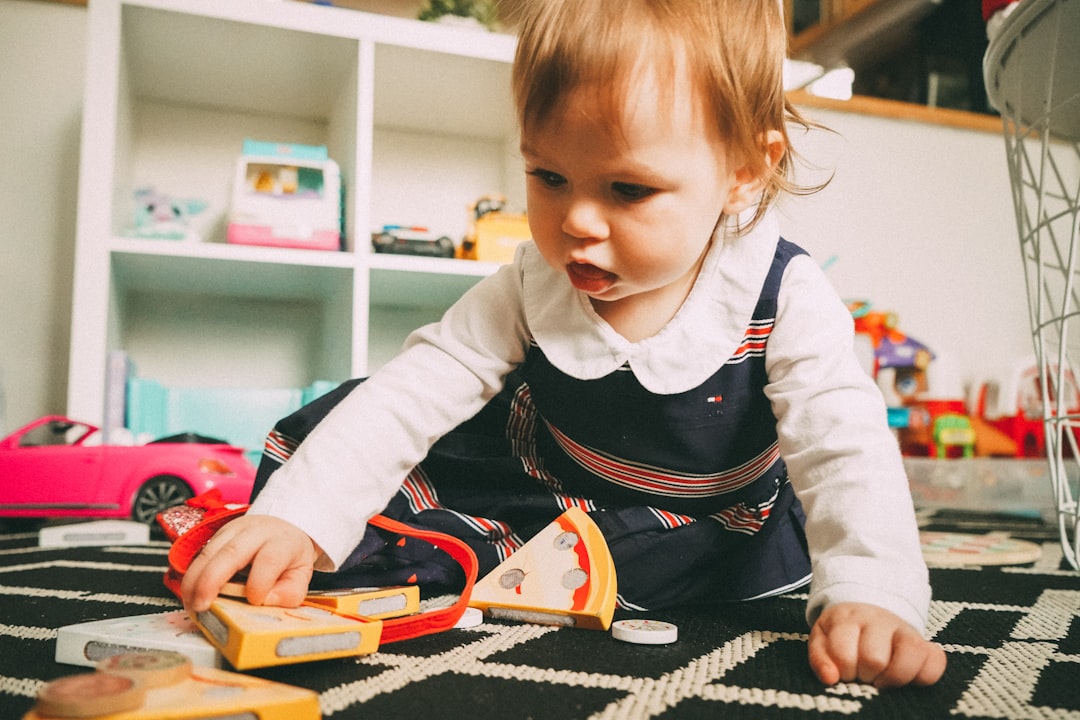Protecting your child is every parent’s paramount concern, which is why knowing about and safeguarding against daycare abuse is crucial. In Connecticut, understanding your legal rights is essential when confronting this issue. This article guides you through the process, from recognizing daycare abuse to consulting a dedicated daycare abuse lawyer Connecticut and navigating the legal steps towards justice and healing for your child.
Understanding Daycare Abuse and Your Legal Rights

Daycare abuse is a serious issue that can have lasting impacts on young children. It encompasses various forms, from physical and emotional harm to neglect and inadequate care. As a parent or guardian, it’s crucial to be aware of your child’s surroundings and well-being while they’re in daycare settings. If you suspect any form of abuse or neglect, taking swift action is essential.
In Connecticut, parents have legal rights when it comes to protecting their children. A qualified daycare abuse lawyer in Connecticut can guide you through the process of understanding and exercising these rights. They can help you navigate the legal system and ensure that justice is served for any harm inflicted upon your child. Promptly seeking legal counsel can make a significant difference in ensuring your child’s safety and holding the responsible parties accountable.
When to Consult a Connecticut Abuse Lawyer

If you suspect or have witnessed any form of abuse or neglect in a daycare setting, it is crucial to take immediate action. The well-being and safety of your child should always be a top priority, and consulting with a dedicated daycare abuse lawyer in Connecticut can provide you with the legal guidance needed to protect their rights.
Timely intervention is key; the longer you wait, the more evidence could potentially be lost or distorted. A Connecticut abuse lawyer specializing in daycare cases will have the expertise to navigate the complexities of child protection laws and help you understand your options. They can represent your interests and ensure that justice is served while advocating for your child’s best interest.
The Role of a Lawyer in Protecting Children

When a child experiences abuse or neglect, having an advocate on their side is crucial. This is where a dedicated daycare abuse lawyer in Connecticut comes into play. Their primary role is to ensure that the rights of children are protected within legal frameworks, especially in institutions like daycares and schools. These lawyers specialize in navigating complex laws and regulations related to child welfare, providing a powerful tool for justice and accountability.
A daycare abuse lawyer serves as a guiding force, assisting families in understanding their legal options and rights. They thoroughly investigate cases, gathering evidence, interviewing witnesses, and consulting with medical professionals to build a robust case. Through legal action, they can hold responsible parties accountable, seek compensation for the child’s suffering, and work towards preventing similar incidents from occurring again. Their expertise enables them to advocate for the best interests of the child, ensuring their safety and well-being.
Navigating Legal Steps for Justice and Healing

When a child suffers from abuse or neglect, it’s crucial to take immediate action. The first step is often reaching out to a daycare abuse lawyer in Connecticut. These legal professionals are equipped to guide parents and guardians through complex legal procedures designed to protect their children. They help navigate the intricate system of filing reports with the Department of Children and Families (DCF), gathering evidence, and advocating for justice.
A daycare abuse lawyer plays a vital role in ensuring that the rights of the child are upheld and that the perpetrators face consequences. They work tirelessly to secure healing and closure for the victim, providing a sense of safety and stability. By pursuing legal action, families can seek compensation for the trauma their child has endured and create a safer environment moving forward. This process is not just about punishment; it’s about holding accountable those who have violated the trust and care of our most vulnerable members—our children.






